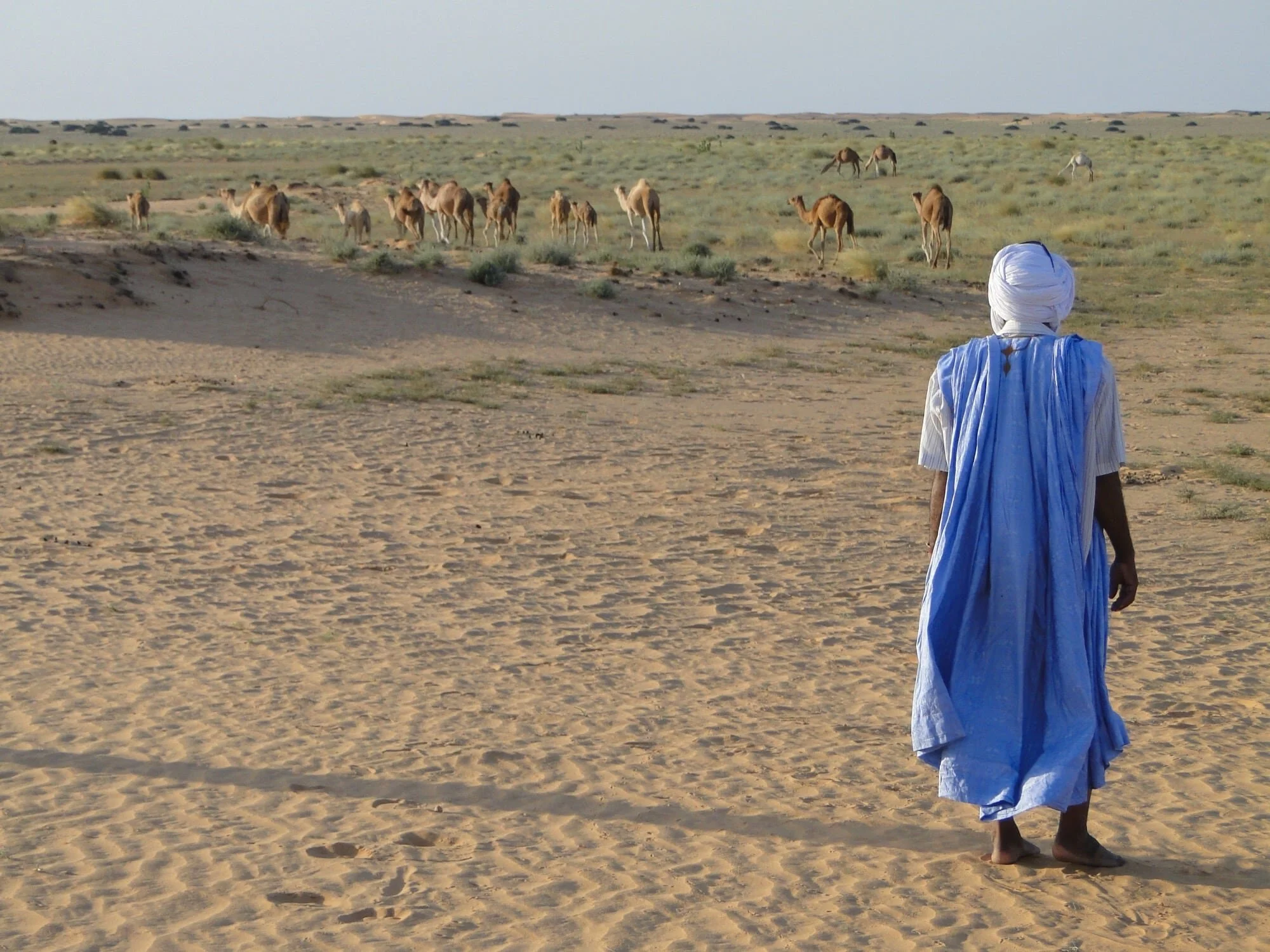Tonight we head to Mauritania, another country I embarrassingly know very little about.
All I know is it’s a dangerous, largely undeveloped country in North-West Africa. It’s also the namesake for Titanic’s most prominent competitor. Or so I thought. The spelling is actually slightly different and the ship was named after Roman province of Mauretania on the northwest African coast, not the country we’ll be talking about today.
Unsurprisingly for Saharan Africa, Mauritania was previously a French colony and gained its independence from France in 1960. Since then it hasn’t been plain sailing. Mauritania has remained poor, had a number of military governments, coups and general instability.
Mauritania is also an extreme laggard when it comes to abolishing slavery. Despite passing a law to abolish slavery in 1981, Mauritania has the highest proportion of people in slavery of any country in the world. It’s estimated that 90,000 (or 2.1% of the population) are enslaved. This is horrifying, and I genuinely had no idea that slavery still existed to this extent. In 2018 The Guardian published has a fantastic in-depth look at slavery in modern-day Mauritania.
From a geographic perspective, Mauritania has a few interesting highlights. It’s pretty unsurprising that 90% of the country lies within the Sahara Desert, but what is less known is that Mauritania is the largest country in the world entirely below an altitude of 1000 metres.
Mauritania is also home to The Eye of Africa, or the Richat Structure. The Richat Structure is a vast geological formation of concentric circles with a diameter of 50 kilometres. It’s clearly visible from space and genuinely looks like something left by aliens.
